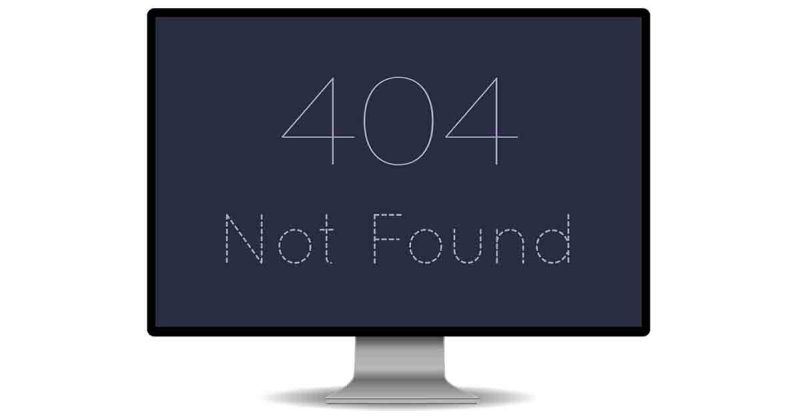Table of Contents
- Introduction
- Burning Books 213 B.C.
- Persecuting Philosophers
- Banned Books & Bible
- Books lost forever
- Inquisition Censorship
- Index Librorum Prohibitorium
- Copernicus & Galileo
- Darkness in Enlightenment
- Revolution & Banned Books
- Colonialism & Book Bans
- New Nation Censorship
- Nazi Germany Book Burning
- USSR Banned Books
- McCarthyism Book Banning
- 21st Century Book Bans
- Banned Books Battles
- Digital Age Book Banning
- World Wide Book Banning
- Book Banning is Bad
- The Future of Book Banning
- Looking Back in History
- Discover New Worlds
Book Banning in the Digital Age
Internet Censorship

Imagine snuggling on your couch, tablet in hand, ready to download the latest best-seller book. Just as you’re about to hit purchase, an irritating message pops up: “Sorry, this book isn’t available in your region.” Boom! You’ve just encountered digital book bans and online censorship.
Now, let’s go deeper. As we shift from physical books to digital screens, censorship evolves too. No longer do we fear a book’s removal from a library. Instead, the battle revolves around digital content access and internet control.
Digital book bans? They vary in nature. Firstly, there’s “geo-blocking.” This means certain eBooks suddenly aren’t available in specific regions. Sometimes it’s due to legal reasons or licensing issues. But at times? Purely political.
Next up, the behemoth: internet censorship. Shockingly, some governments erect virtual barriers. One example is the “great firewall of China“. They block sites conflicting with their beliefs or those deemed “inappropriate.” Imagine a world view confined to such limits, devoid of diverse perspectives.
Moreover, let’s consider social media giants. Their mysterious algorithms dictate our content. While they protect us from misinformation and hate, it raises a question. Should these tech giants dictate our online experience?
But, there’s hope. Thanks to the digital era! Tools like VPNs unlock region-restricted content. There are sites like Project Gutenberg which offers over 70,000 free ebooks, some previously banned.
Additionally, the internet empowers writers. They can now self-publish bold content, bypassing traditional gatekeepers. And here’s a fun fact: fan fiction thrives, allowing readers to reimagine original stories.
Yet, the freedom vs. control battle persists. Organizations like the Electronic Frontier Foundation and OpenNet Initiative valiantly defend our digital rights.